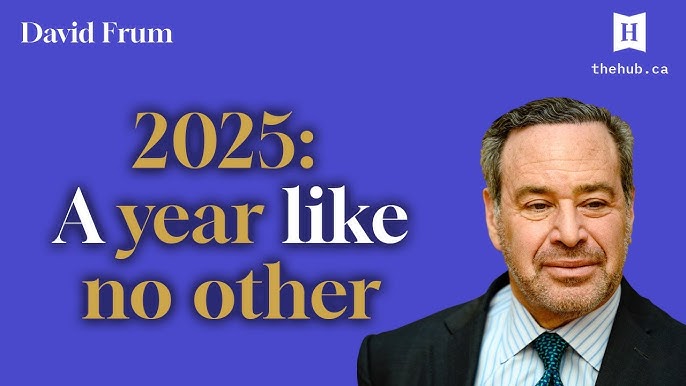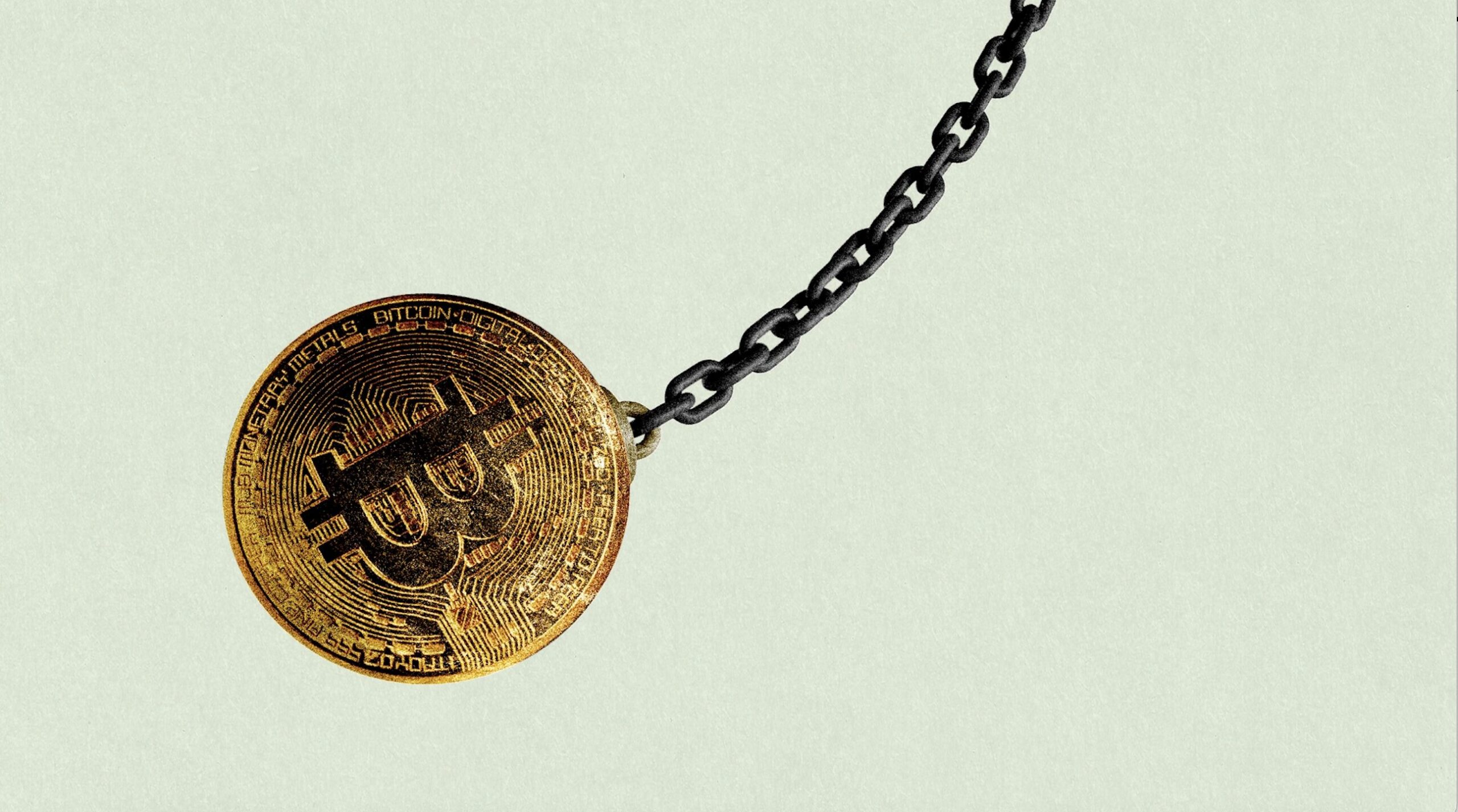A ferocious early promoter of the idea that the coronavirus was a Chinese attack was the Trump White House’s former chief strategist Steve Bannon. Bannon hoped to transfer responsibility for Donald Trump’s failures onto China’s rulers. As he told a Polish interviewer in May 2020: “They are totally, 100 percent culpable for every death, for all the agony, for all the economic carnage.”
After months of belittling the virus, then-President Trump himself briefly endorsed the Bannon line. “We went through the worst attack we’ve ever had on our country; this is the worst attack we’ve ever had,” he said in May 2020. “This is worse than Pearl Harbor; this is worse than the World Trade Center. There’s never been an attack like this.”
Trump’s early attempt at blame-shifting collapsed, however, because it contradicted a deeper and bigger message from the president and those around him: that the virus was no big deal, nothing to worry about, no reason to close the economy.
You can see the two imperatives hilariously struggling against each other in a February 2020 Rush Limbaugh monologue:
It looks like the coronavirus is being weaponized as yet another element to bring down Donald Trump. Now, I want to tell you the truth about the coronavirus. (interruption) You think I’m wrong about this? You think I’m missing it by saying that’s … (interruption) Yeah, I’m dead right on this. The coronavirus is the common cold, folks.
The drive-by-media hype of this thing as a pandemic, as the Andromeda strain, as, “Oh my God, if you get it, you’re dead.” Do you know what the—I think the survival rate is 98 percent. Ninety-eight percent of people [who] get the coronavirus survive.
Then, immediately following:
It’s a respiratory-system virus. It probably is a Chicom laboratory experiment that is in the process of being weaponized. All superpower nations weaponize bioweapons.
Then, pivot again:
It’s really being hyped as a deadly Andromeda strain or Ebola pandemic that, “oh my God, is going to wipe out the nation. It’s going to wipe out the population of the world.”
The stock market’s down like 900 points right now. The survival rate of this is 98 percent! You have to read very deeply to find that number, that 2 percent of the people [who] get the coronavirus die. That’s less than the flu, folks.
So the coronavirus is a sinister “Chicom” bioweapon—that is also almost completely harmless, and nothing for the stock market to worry about? Even by the roller-coaster standards of Trumpworld, that was a head-snappingly confusing propaganda line.







